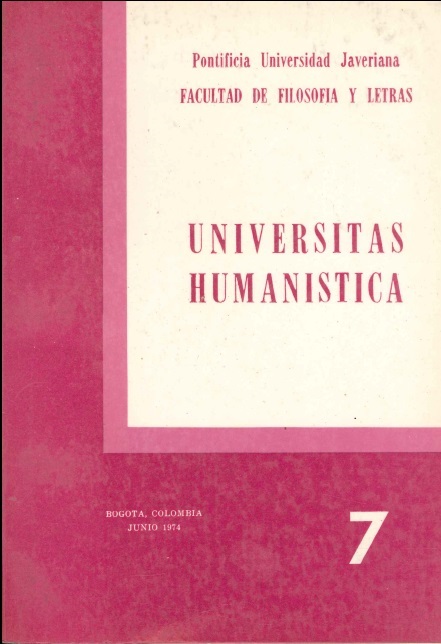Abstract
Jürgen Habermas caracteriza la sociología positivista como una "sociología sin sociedad, limitada cientísticamente" (2). Lo acertado de esta caracterización se puede mostrar inmediatamente en base a una definición corriente de sociología: "Sociología es un observar y aclarar de manera controlable y- sistemática las relaciones sociales que se presentan con regularidad, sus causas, condicionamientos y resultados" (3). Las relaciones sociales se pueden observar; mejor dicho: las relaciones sociales se hacen temáticas en cuanto son observadas. Este planteamiento sólo tiene sentido, si las relaciones sociales son realidades entre otras realidades. El concepto "social" rompe, al mismo tiempo que expresa realidad, la inmanencia de lo real: el hombre es precisamente social en la medida en que no sólo es ser entre los seres, sino que entiende lo que es de alguna manera. Aquello por lo que pregunta la ciencia social es ya en cierta manera presupuesto de la pregunta misma. La ciencia social no puede romper este círculo, a no ser que quiera perder de vista su objeto específico y convertirse con ello en una teoría de la sociedad sin sociedad.

This journal provides immediate open access to its content on the principle that making research freely available to the public, encourages greater global exchange of knowledge.
The journal Universitas Humanística is registered under a Creative Commons Attribution 4.0 International Public License. Thus, this work may be reproduced, distributed, and publicly shared in digital format, as long as the names of the authors and Pontificia Universidad Javeriana are acknowledged. Others are allowed to quote, adapt, transform, auto-archive, republish, and create based on this material, for any purpose (even commercial ones), provided the authorship is duly acknowledged, a link to the original work is provided, and it is specified if changes have been made. Pontificia Universidad Javeriana does not hold the rights of published works and the authors are solely responsible for the contents of their works; they keep the moral, intellectual, privacy, and publicity rights.
Approving the intervention of the work (review, copy-editing, translation, layout) and the following outreach, are granted through an use license and not through an assignment of rights. This means the journal and Pontificia Universidad Javeriana cannot be held responsible for any ethical malpractice by the authors. As a consequence of the protection granted by the use license, the journal is not required to publish recantations or modify information already published, unless the errata stems from the editorial management process. Publishing contents in this journal does not generate royalties for contributors.


